Illegal battery-run rickshaws, easy bikes still on streets
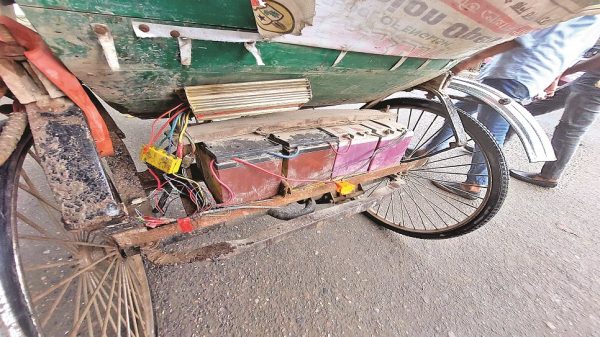
Shawdesh desk:
Despite a ban, battery-run rickshaws and easy bikes are freely running on different streets in the capital and elsewhere in the country, causing frequent accidents let alone consuming huge electricity.
The government has banned plying of battery-run rickshaws and easy bikes in the cities and towns across the country as these vehicles consume huge electricity for getting charged.
Many garages have been built, mostly illegally for charging battery-run vehicles and as a result, a huge amount of electricity is being used every day, according to sources concerned.
Despite huge loss of electricity due to the plying of battery-run vehicles, the authorities appear to have turned a blind eye to the matter as there is no action in sight to check it, sources said.
Experts believe that if plying of these unauthorised vehicles is stopped, a huge amount of electricity will be saved.
There are more than 150 charging garages for battery-run vehicles in Rajshahi city. Each garage requires 40kw of electricity. On an average, 10 megawatt is consumed daily by these vehicles.
According to sources at Khulna City Corporation (KCC), 76,500 units of electricity are used daily for charging 8,500 easy bikes in the divisional city. Apart from this, there are many battery-run rickshaws and vans here.
There are at least 1 lakh battery-run three-wheelers in 12 upazilas, including Bogra city. Apart from the garage, these vehicles are charged at home. A vehicle needs to be charged 6-7 hours per day. It consumes 1200 megawatt of electricity every day.
The situation is the same in different areas of the country, including Barisal, Sylhet, Rangpur, Faridpur, Tangail, Laxmipur, Satkhira and Pabna.
Transport workers from different districts alleged that these unauthorised vehicles are running on the highways by paying monthly ‘token’ money’ to local political leaders and police men.
Transport and bridges minister recently admitted that the number of deaths in road accidents was increasing due to plying of unauthorised three-wheelers on the highways.
Nazrul, an auto-rickshaw driver, said he bought a monthly token from the police for Tk 600 for running his vehicle on Faridpur-Jessore highway.
‘Several hundred drivers of our area regularly buy these monthly tokens from police,’ he added.
In the capital, illegal rickshaws are now plying in many areas of the capital, including Mohakhali, Wireless Gate, Mughda, Maniknagar, Mirpur, Khilgaon, Bashabo, Chairman Bari, Tajmohol Road and Bongshal.
Owners of battery-run rickshaws operate their vehicles, mostly in the alleys and by-lanes in the residential areas of the city after paying bribes to local police.
Sajjad Hossain, a rickshaw puller who, runs his own three-wheeler inside the residential areas of Wireless Gate in Mohakhali, said “I pay Tk 1,400 per month to local police so that I can run my rickshaw. I usually ferry passengers up to Banani Bridge,” he said.
He also said around 140–150 such battery-run rickshaws are running in this area.
A regular rickshaw-puller needs to pay Tk 100–150 per day to its owners, a battery rickshaw-puller needs to pay Tk. 300–350 to its owners,” he added.
Ahmed Ali, a regular rickshaw puller in the city’s Moghbazar area, said: “It’s a difficult job to pull three-wheeler while pulling battery-run ones are easy and it can be done for the whole day.”
Whle visiting Dhaka South city areas, including Kamrangirchar, Lalbagh, Islambagh, Gendaria, Demra and Konapara, this correspondent also saw a huge number of battery-run rickshaws plying there.
It is very difficult to know the actual number of such vehicles, but DSCC officials estimated it to be around 30,000-40,000.
In July 3, 2014, High Court banned plying of mechanised and battery-run rickshaws across the country as these vehicles are being run without any licences.
These rickshaws were dangerous because most of them run three or four times faster than usual speed, without having proper braking mechanisms. That increased the risk of accidents and we got reports of many accidents due to the plying of such banned vehicles.”
Abu Raihan Mohammad Saleh, Joint commissioner of the DMP’s North Traffic Zone, said many unauthorised battery-run rickshaws have come to the capital from the outskirts of Dhaka.
“Some of them are plying the city-streets, mostly at the dead of night evading eyes of the police. “We are taking steps against them regularly,” he said.
Battery-run rickshaws and vans are locally-assembled and modified and these vehicles were considered hazardous; these causes frequent fatal accidents as they collide with other vehicles and hit people.
These vehicles lack proper braking system. Therefore, they frequently overturn while trying to stop.
According to statistics of Accident Research Institute of Buet, around seven to eight percent of all accidents occur due to such vehicles.
However, a High Court bench on December 15, 2021 issued a directive to the Bangladesh Road Transport Authority (BRTA) and police department to immediately remove the battery-run rickshaws and easy bikes from the roads.
“A syndicate of businesses have been importing different components of unsafe electric vehicles like easy bikes and rickshaws to assemble those in the country without any legal approval or maintaining safety measures,” sources said.
Bangladesh Jatri Kalyan Samity Secretary General Mozammel Hoque Chowdhury said before legalising unsafe electric rickshaws and easy bikes, the government should emphasis on road safety issues.
“These vehicles must be removed from the streets and as an alternative, the number of public transports should be increased in the cities,” he added.


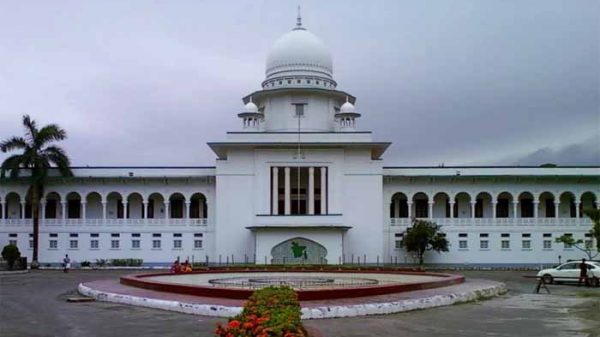
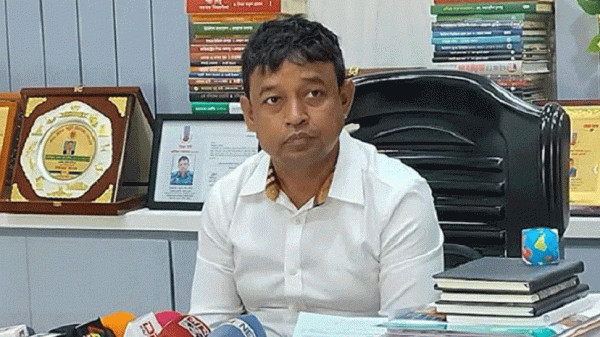


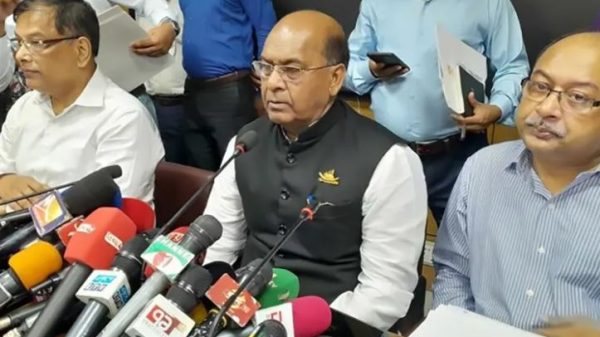
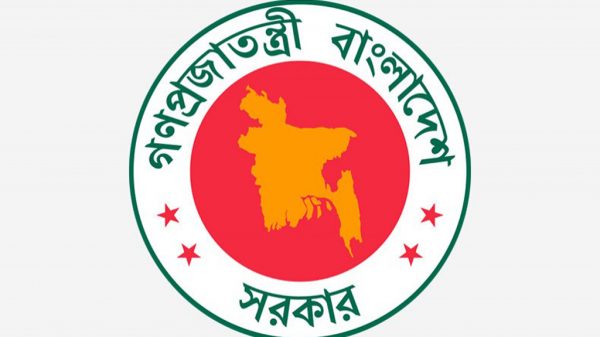


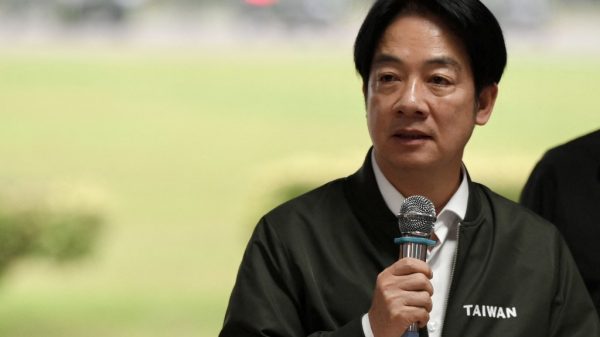












Leave a Reply